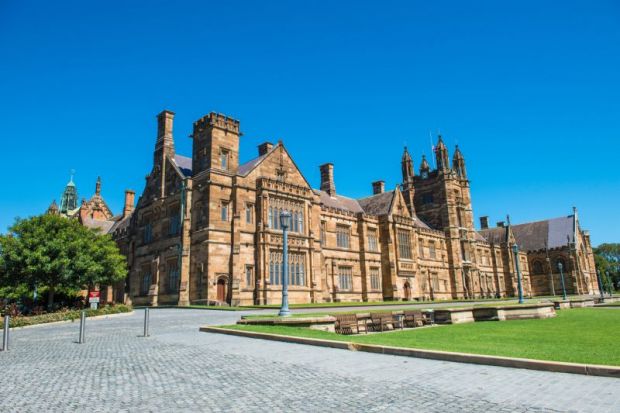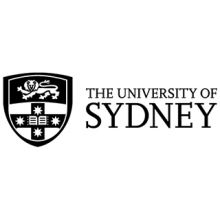Australia’s oldest university has moved to water down speculation that it is preparing to jettison thousands of staff, amid claims that some schools are considering downsizing by as much as 30 per cent.
In a statement issued late on 20 August, The University of Sydney said that it was too early to predict the impact that the coronavirus would have on its workforce. “We are looking at how best to safeguard Sydney from the ongoing financial impact of this pandemic in a range of different scenarios…that may never eventuate,” the statement says.
“If we have to move to measures that will affect our staff we want to be more certain about the numbers. Whatever happens, staff will be consulted first and normal change processes will apply.”
The statement emerged after the National Tertiary Education Union (NTEU) demanded that the university “come clean on its plans” to cut up to 3,000 jobs.
Damien Cahill, assistant secretary of the union’s New South Wales division, said that reductions of that magnitude would compromise the university’s operations and devastate the lives of those left jobless. “The University of Sydney needs to open its books and disclose its true financial position,” he said.
“[It] is a wealthy institution with extensive reserves. The university management needs to meet with staff to discuss alternatives to job cuts.”
The speculation appears to have been triggered by emails from the dean of the Faculty of Arts and Social Sciences seeking suggestions from heads of schools on how they could cut up to 30 per cent of their staffing load.
The dean subsequently clarified that it was “not a directive to implement cuts but only to conceive of scenarios that might include such cuts”, according to a statement from the USyd Casuals Network.
“We…reject the notion that there is a difference between a hypothetical ‘scenario’ and a concrete plan to cut conditions,” the network said. “Both accept the flawed logic that staff and students should pay for a crisis created by the government’s refusal to properly fund our sector and our own management’s failure to defend the university.”
Sydney student newspaper Honi Soit reported that one of the ideas under consideration was for all full-time staff to take one day’s unpaid leave a week, effectively reducing employment by 20 per cent. The proposal involved maintaining lecturers’ teaching responsibilities while reducing research and service hours.
Staff groups have demanded that management consider alternatives to cutting jobs or “degrading” work conditions. Suggestions include utilising the university’s “extensive borrowing power”, drawing on its future fund and changing rules that restrict the fund’s use to paying redundancy provisions rather than maintaining employment.
Job cuts in the region of those being speculated would dwarf redundancy rounds announced at other large universities in New South Wales and Victoria, each involving a few hundred positions. But the NTEU believes that losses among casual and fixed-term staff are far higher again, numbering in the tens of thousands.
While Sydney has not so far announced cuts to permanent staff, it revealed in April that it expected to save A$93 million (£51 million) by reviewing its casual staffing budgets and avoiding taking on new staff or rehiring those on fixed-term contracts.
Sydney is arguably the most dependent of any Australian university on money from international students, earning just over A$1 billion from this source last year. That was 13 per cent more than it received from the federal government and constituted 40 per cent of its entire revenue.
On 18 August, vice-chancellor Michael Spence advised staff that Sydney provost Barbara Messerle had resigned from the university “in order to pursue other opportunities”. Professor Messerle joined Sydney less than a year ago. Dr Spence himself is leaving in December to become president and provost of UCL.
Register to continue
Why register?
- Registration is free and only takes a moment
- Once registered, you can read 3 articles a month
- Sign up for our newsletter
Subscribe
Or subscribe for unlimited access to:
- Unlimited access to news, views, insights & reviews
- Digital editions
- Digital access to THE’s university and college rankings analysis
Already registered or a current subscriber? Login










